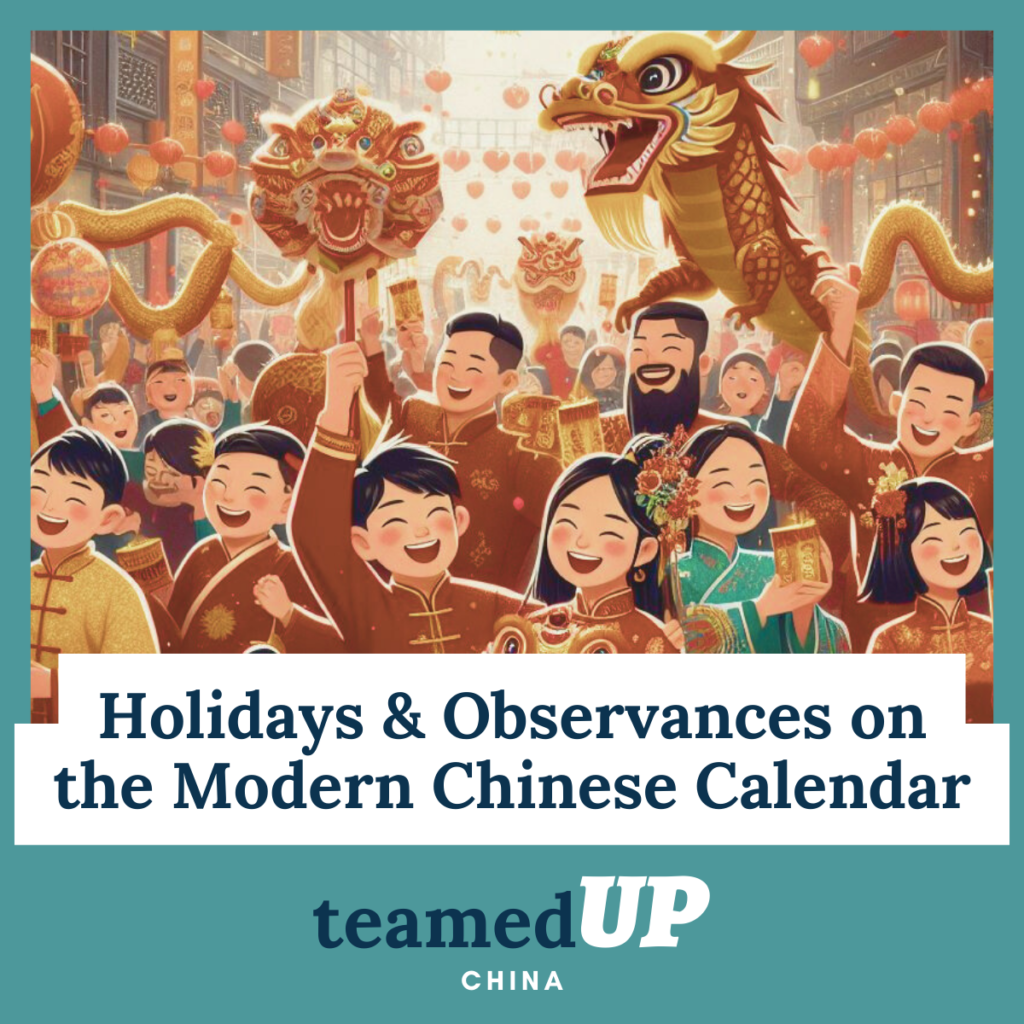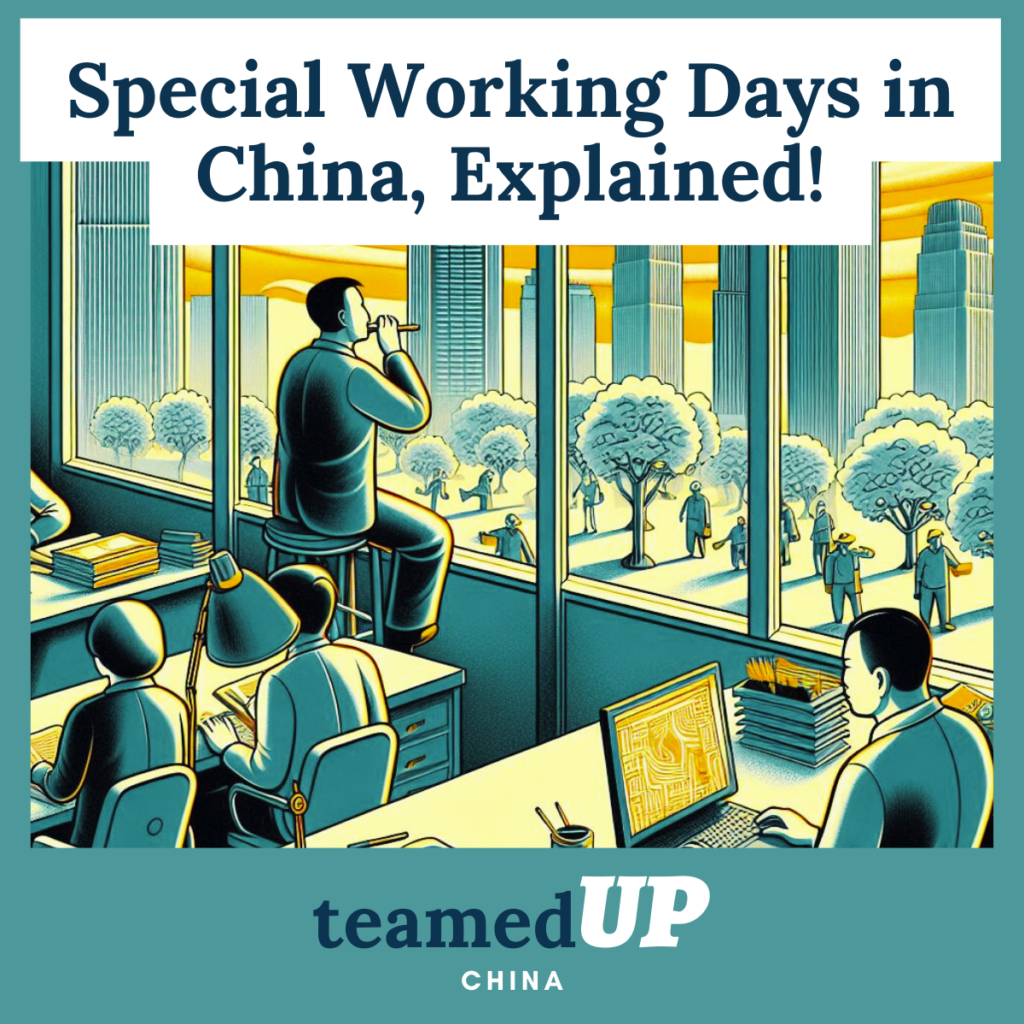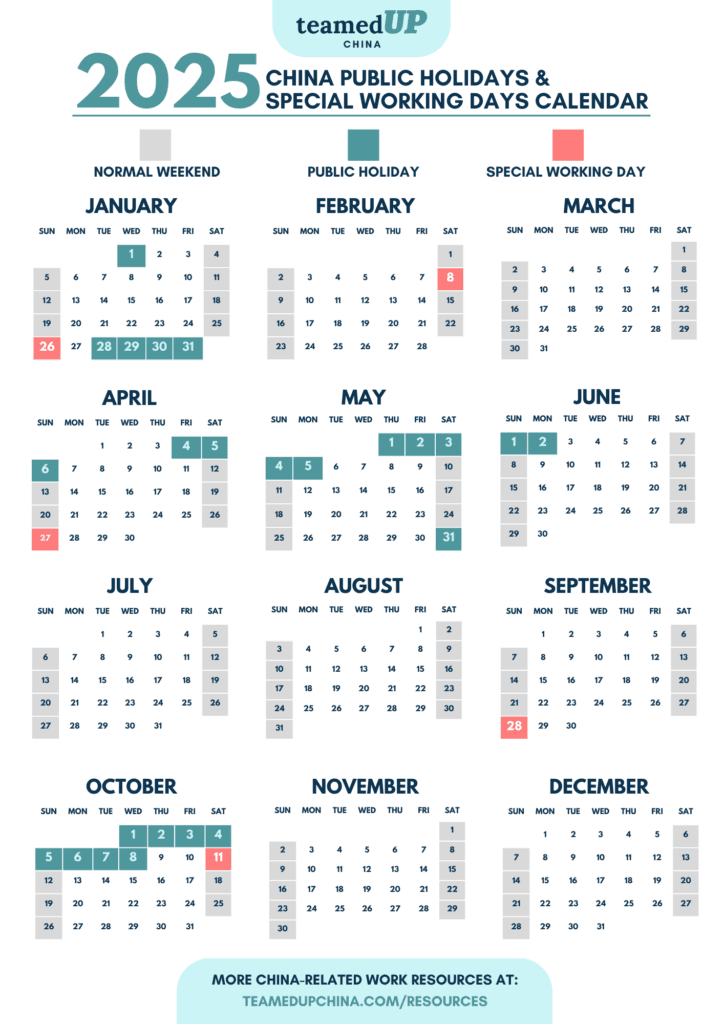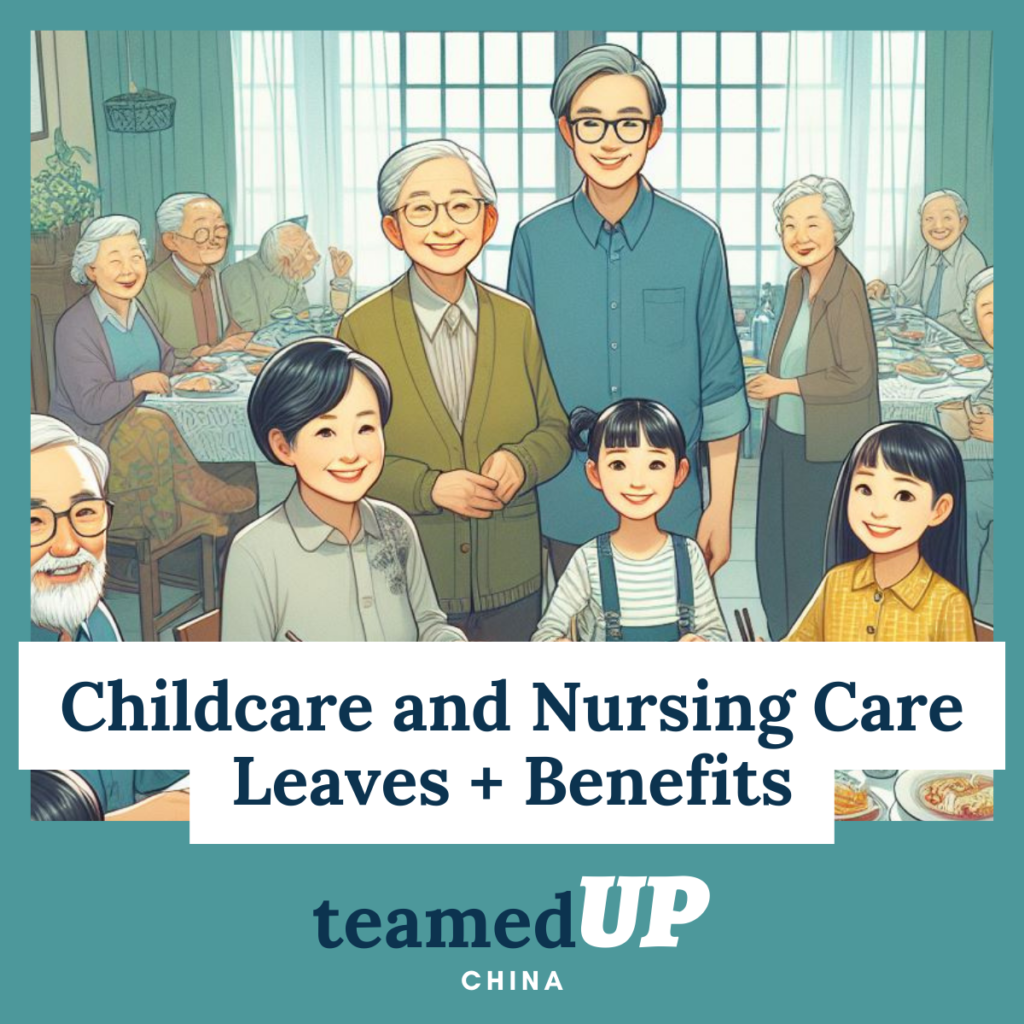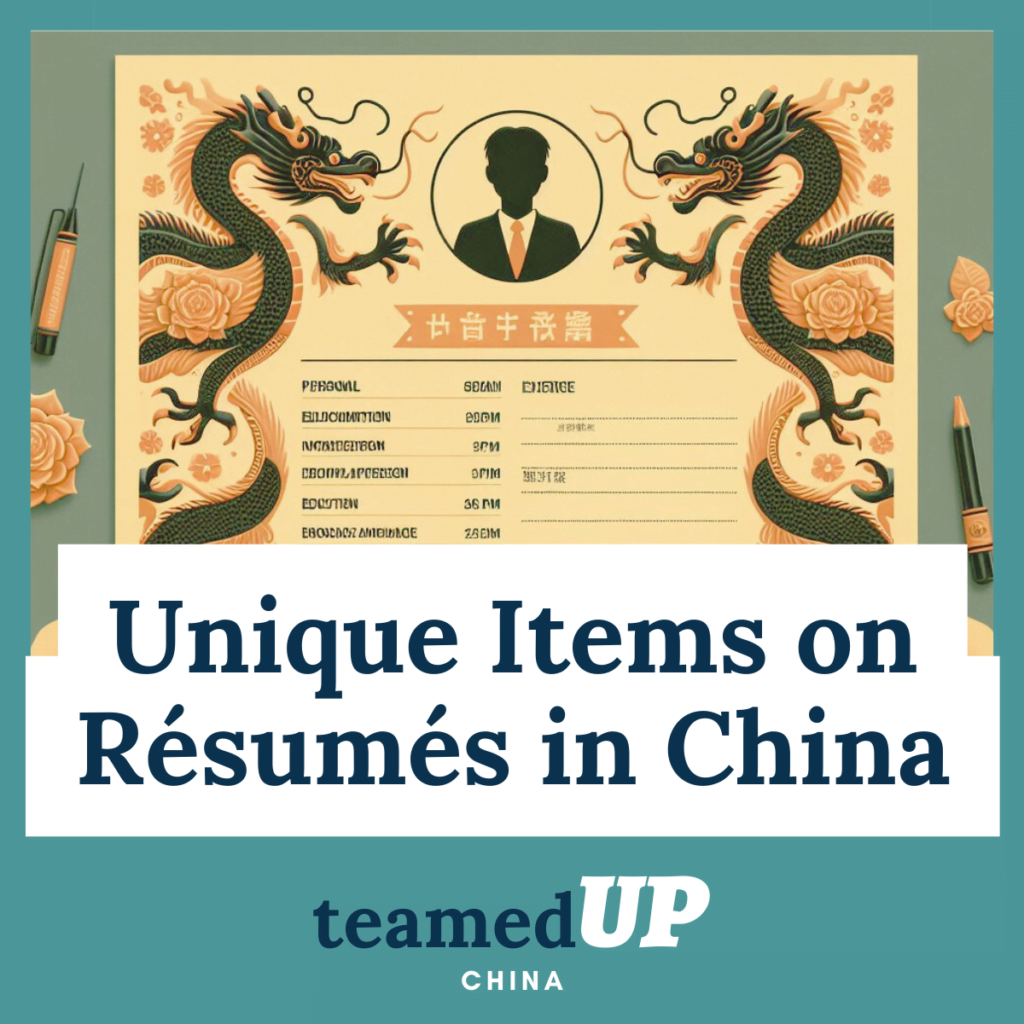The Ultimate Guide to Work Holidays in China
The Chinese work & holiday schedule is a special one indeed! First off, the mixing of both solar and lunar calendar holidays to form the modern ‘Public or New Calendar’ (公历/新历) is unique in itself. We also often see this referred to as the ‘lunisolar calendar‘. Secondly, and directly related to the first, is that the government releases a public work holiday calendar every year, usually in the fall of the previous year. This calendar includes public holidays, observances, and (everyone’s favorite) special working days. How about a third reason?! There are two huge, week-long holidays on the calendar for the Chinese New Year and National Day holidays. Most workers across the entire country have at least a seven-day stretch off (the 2024 calendar calls for one eight-day stretch!). Alright, enough pumping it up – here’s a breakdown of every holiday in China, organized by time of year. The holiday breakdowns include Dates & Scheduling Info, a Meaning, History, & Traditions Summary, and if there are Make-up Workdays. Also included are some of the more modern holidays that you’ll likely hear about when working in China, but may not be listed on the officially released calendar. Please note that this is an ongoing project – the dates & details listed will continue to grow & develop. 好好享受! Holidays & Observances on The Modern Chinese Calendar New Year’s Day (元旦 Yuándàn) Solar Calendar: January 1st Upon it’s establishment, The Republic of China (ROC) adopted the Gregorian Solar calendar and included January 1st or New Year’s Day. In 1949, The People’s Republic of China continued to include January 1st in their public calendar. While there are no China-specific traditions for this (originally Western) holiday, people across China celebrate in a fashion similar to the rest of the world. Evening celebrations, fireworks (where permitted), and midnight countdowns are all common across the Middle Kingdom during this time. Public Workdays Off: 1 day. Make-Up Workdays: None. Dates & Scheduling: January 1st. If January 1st falls on a Saturday or Sunday, the Friday or Monday around that weekend will be taken off. Chinese New Year / The Spring Festival (春节 Chūnjié) / The Golden Week Holiday Lunar Calendar: Falls in January or February The Chinese New Year, also known as the Spring Festival, is the most important traditional festival in China, marking the beginning of the lunar new year. It’s a time of immense cultural significance, rich traditions, and joyful celebrations that span over a period of 15 days, with the exact dates varying each year based on the lunar calendar. The Chinese New Year is deeply rooted in centuries-old customs and rituals, symbolizing new beginnings, family reunions, and the welcoming of prosperity and good fortune. Preparations for the festival begin weeks in advance, with families cleaning their homes to sweep away any ill fortune and make way for incoming luck. They also decorate their houses with red lanterns, couplets, and other symbols of tradition. The festivities officially kick off on New Year’s Eve (除夕 chúxī) with many joining a meal together with loved ones. Families gather to feast on traditional dishes and exchange blessings for the coming year. Where allowed, fireworks light up the sky, originally believed to ward off evil spirits and bring good luck. Throughout the 15-day celebration, various customs and activities take place, such as dragon and lion dances, temple fairs, visiting relatives and friends, giving and receiving red envelopes or 红包 Hóngbāo (containing money), and enjoying special New Year’s performances and parades. Each year is associated with one of the 12 Chinese zodiac animals, rotating in a cycle, and festivities often reflect the characteristics of the animal of the year. For example, if it’s the Year of the Ox, you might see ox-themed decorations and performances. Public Workdays Off: 5 days. Make-Up Workdays: 2 days. Dates & Scheduling: The Chinese New Year holiday has its own special scheduling system as it’s an extended holiday and on the Chinese lunisolar calendar. Check our guide to public holiday scheduling if you’re interested in the details of it! Example of Chinese New Year schedule in 2024:8 days off in a row, with 2 special working days creating 6 day work-weeks on either side of this. The Lantern Festival (元宵节 Yuánxiāo jié) Lunar Calendar: Falls in January or February (marks end of Spring Festival) The Lantern Festival, also known as Shangyuan Festival (上元节 Shàngyuán jié), marks the end of the Chinese New Year celebrations with displays of lanterns, lights, and cultural performances. Falling on the 15th day of the first lunar month, this festival’s origins date back over 2,000 years. The highlight of the Lantern Festival is, of course, the dazzling array of lanterns displayed in public squares, parks, and streets. These lanterns come in various shapes, sizes, and colors, ranging from traditional red and gold to intricate designs depicting mythical creatures, flowers, and scenes from Chinese folklore. In addition to admiring lanterns, the Lantern Festival is also a time for enjoying traditional activities and treats. A cherished treat of the Lantern Festival is the Tangyuan (团圆 tuányuán), a sweet glutinous rice ball stuffed with various fillings like sesame paste, red bean paste, or peanuts. These round dumplings symbolize family unity and completeness, as tangyuan shares a similar pronunciation to “tuanyuan,” meaning reunion. Public Workdays Off: None (observance). Make-Up Workdays: None. Dates & Scheduling: The Lantern Festival is an observance and does not get a public holiday. This is mostly due to the 7-day Nationl Day public holiday that ends just one week earlier. International Women’s Day (国际妇女节 Guójì fùnǚ jié) Solar Calendar: March 8th The State Council of the People’s Republic of China announced the inclusion of Women’s Day in the new government’s first year, 1949. March 8th would be made an official holiday, with women workers given a half-day off. Public Workdays Off: Half day for all women workers. Make-Up Workdays: None. Dates & Scheduling: March 8th. (Mao era women worker image) Zhonghe Festival (中和节 Zhōnghé jié) Lunar Calendar: Falls in late February or

